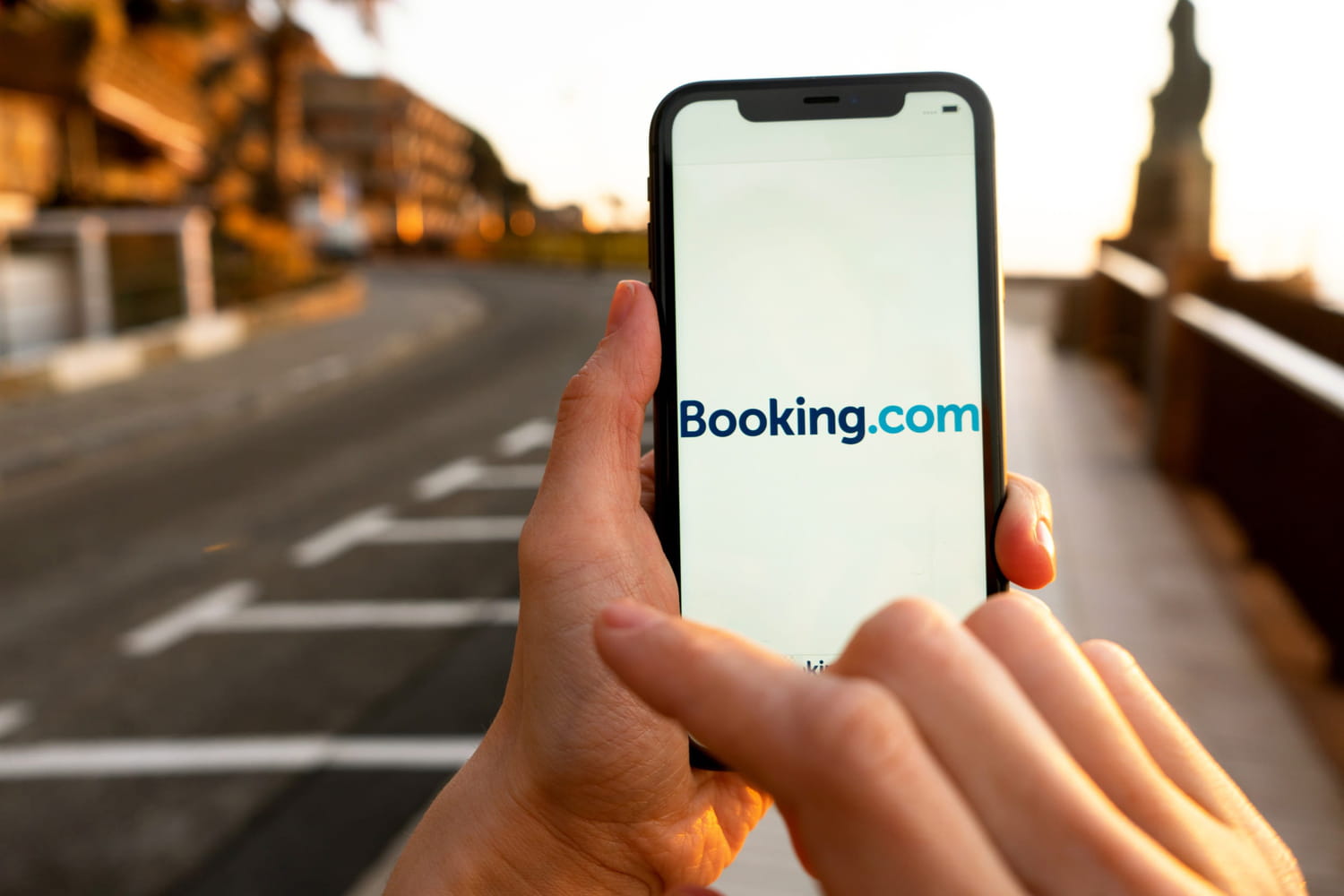As the summer vacation approaches, this discreet trap spreads on certain booking platforms, including Booking.
Like most vacationers, you think you’ve done everything well. You book your stay on a known platform, you consult the notices of the establishment, the photos and the cancellation conditions. You are careful, you take the time to compare by saying to yourself that by going through sites like Booking or Airbnb, you are protected. And it is precisely on this feeling of security that the crooks count. Each year, they take advantage of this relaxation to deploy well -established scams, which look like it is mistaken for classic steps. Their goal: getting you payable without you realizing it.
For some time now, a scam of this type targets Booking.com users. The scenario is almost always the same: once your reservation has been confirmed, you receive a message that seems perfectly legitimate. It happens via the application or by e-mail, sometimes even from the messaging of the platform with the name of the displayed establishment. “Your reservation is in danger”can we read in certain messages. You are asked to check your bank information, validate your payment or act quickly so as not to lose your reservation. And that’s not all …
An implicit countdown is often slipped into the message: you only have a few hours to react. And to go faster, a link redirects you to a form where to enter your bank card data. Everything is done to create a feeling of urgency … and confidence. Everything is designed to create a feeling of urgency … and confidence. Result: many vacationers end up transmitting their bank details, convinced that they simply do what is necessary to secure their stay. In the United Kingdom, more than 500 reports of victims were recorded, between June and September 2023, with “A total loss of 370,000 pounds sterling” Or around 430,000 euros, according to the British platform Action Fraud.
Booking.com recognizes that these scams are becoming more and more difficult to spot. “With the rise of artificial intelligence, cybercriminals create ever more sophisticated fraud”said the platform. To avoid being trapped, it recommends customers to never make payment outside the site or application, and always check the conditions indicated on the reservation page or in the confirmation email. If no deposit is mentioned, but you are asked to pay in advance, it is most likely an attempted fraud. If in doubt, it is better to contact the platform’s establishment or customer service directly!









